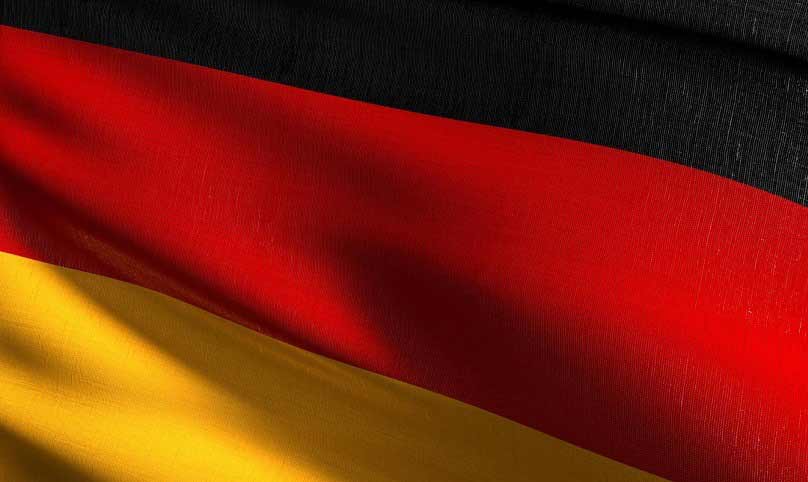New-car registrations increased in Germany by 8.4% last month, compared to September 2019. A total of 265,227 passenger vehicles were registered according to the latest figures published by the automotive authority Kraftfahrt-Bundesamt (KBA).
This marks the first month of growth for Germany this year. So far, the country has recorded double-declines almost every month in 2020, reaching of its biggest decline of minus 60% in April as the coronavirus (COVID-19) pandemic froze the automotive market.
New-car registrations, Germany, year-on-year percentage change, January to September 2020

Source: KBA
Powered by electric incentives
In some cases, alternative drivetrains underwent three-digit increases compared to the same month last year, no doubt buoyed by incentives. From 1 July, Germany increased its incentives for BEVs costing up to €40,000. The one-off payment rose from €6,000 to €9,000 and for models costing between €40,000 and €65,000, the incentive is now €7,500.
A total of 21,188 battery-electric vehicles (BEVs) were registered, up 260.3% compared to September 2019, capturing a market share of 8%. With 20.4% of the market, 54,036 hybrids were registered, up 185.2%, including 20,127 plug-ins (PHEVs), with a share of 7.6%, up 463.5%. LPG experienced an increase of 176.1% with 809 vehicles and a 0.3% market share. A total of 606 natural-gas vehicles was registered, up 17.9% with a share of 0.2%.
Meanwhile, not benefitting from any incentives, cars powered with internal combustion engines (ICE) saw double-digit drops. Petrol fell by 17.6%, with 120,645 new cars registered and 45.5% of the market. A total of 67,901 new cars were powered by diesel, decreasing 6.4%, and a 25.6% market share. The average CO2 emissions fell by 13.4% in September at 134.3g/km.
With a share of 21.2%, most of the new vehicles were allocated to the SUV segment, up 9.7%. After an increase of 5.7 %, the compact class achieved a share of 21%. Small cars held a share of 16.8%, up 28.9%. However, not all segments faired so well. Mini vans fell by 46.8% to a 1.3% market share, sports cars to 1.0%, down 12.1%, and minis down 2.8% to 6.0%.
Brand performance
Audi recorded a double-digit increase in new registrations at 42.2%. Other German brands like Mini (4.7%), BMW and Mercedes (1.9% each) and VW (1.6%), showed single-digit increases. Meanwhile, Smart suffered one of the worst declines in registrations at -41.2%, followed by Opel (-27.6%), Porsche (-19.7%) and Ford (-0.8%). The VW brand claimed the largest share of new registrations at 15.2%.
As for imported brands, Tesla (82.7%), Seat (71.1%), Subaru (70.4%), Alfa Romeo (59.5%) and Renault (58.4%) all experienced increases of more than 50%. In contrast, DS (-41.5%), Ssangyong (-29.0%) and Mazda (-24.7%) all saw double-digit declines. Recording a 29.6% increase in registrations, Skoda claimed 6.8% of the market share.

 Schließen
Schließen